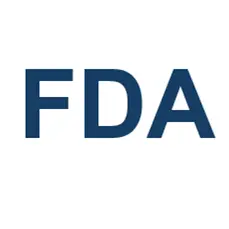Inulin is a type of dietary fiber. It can be used as a bulking agent, sugar replacer, humectant, fat-replacer or texture modifier.
Inulin
Found In
- Beverages
- Fiber supplements
- Prebiotic foods
Also Known As
- Agave Mixed Fructans from Agave Tequilana Weber var. azul
- Chicory Root Fiber
- Fructooligosaccharides or Oligofructose
- Galactooligosaccharides
- Jerusalem Artichoke Inulin
The Beverage Bottom Line
Inulin is authorized for use in the U.S., Europe and Canada.
This ingredient may have authorizations in countries not included on this site.
International Assessments and Authorizations

U.S. Food And Drug Administration (FDA)
Generally recognized as safe for intended uses. (GRAS FDA-Notified, GRAS Self-Determined)
In 2023, FDA issued no objections to GRAS Notice 1019 for agave mixed fructans from Agave tequilana Weber var. azul (agave mixed fructans).
In 2019, FDA issued no objections to GRAS Notice 849 for inulin from Jerusalem artichoke (JA inulin).
In 2003, FDA issued no objections to GRAS Notice 118 for inulin from the root of the chicory plant (Cichorium intybus).

European Food Safety Authority (EFSA)
Inulin is considered a traditional food.
In 2015, EFSA evaluated health claims related to native chicory inulin.
In 2014, EFSA evaluated health claims around “non-digestible oligo- and polysaccharides including galacto-oligosaccharides, oligofructose, polyfructose and inulin” and calcium absorption.
In 2009, EFSA evaluated health claims related to Helianthus tuberosus L.

Joint FAO/WHO Expert Committee on Food Additives (JECFA)
Inulin is considered an ingredient and dietary fiber, not a food additive.
This page was last updated on 6/30/2025.

